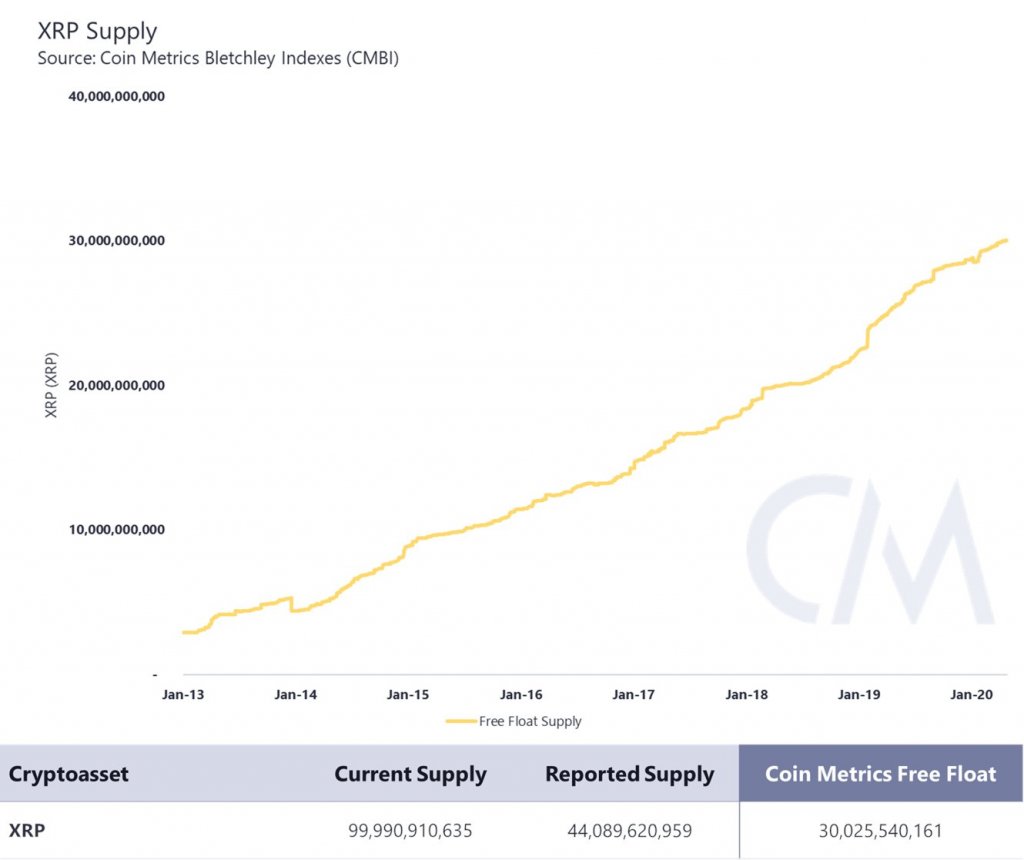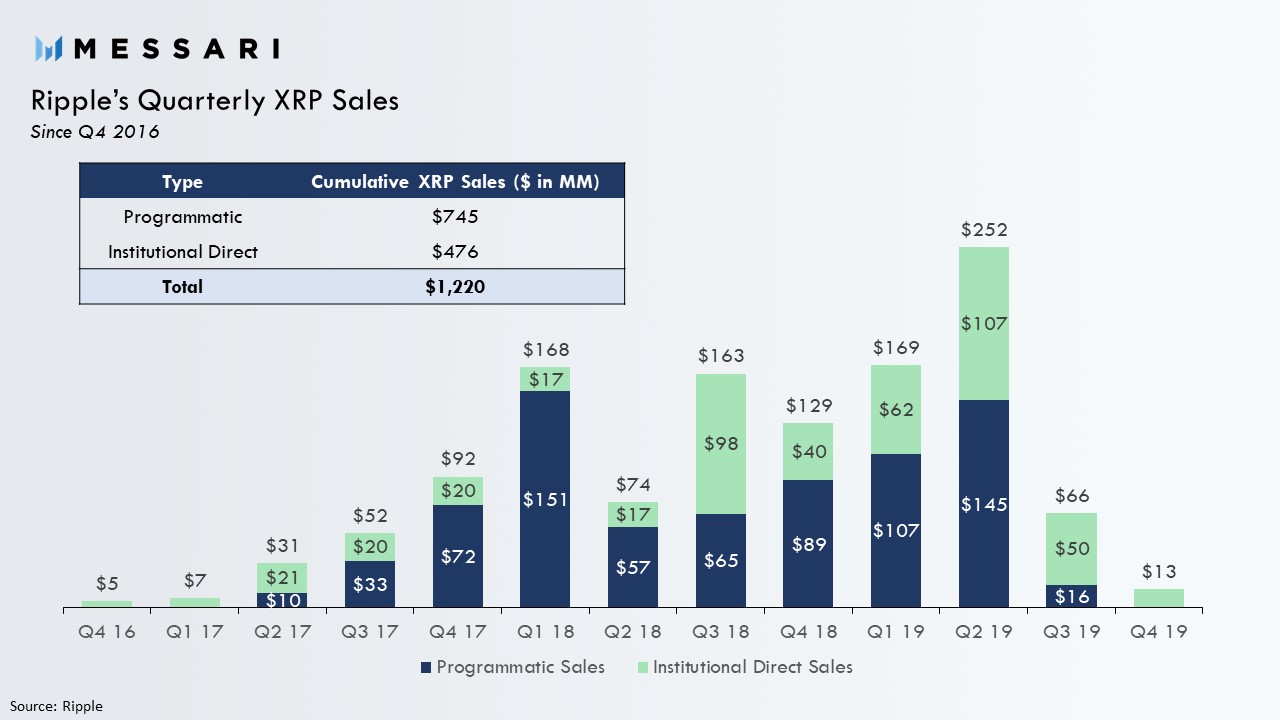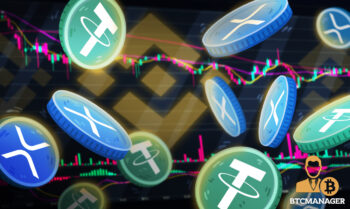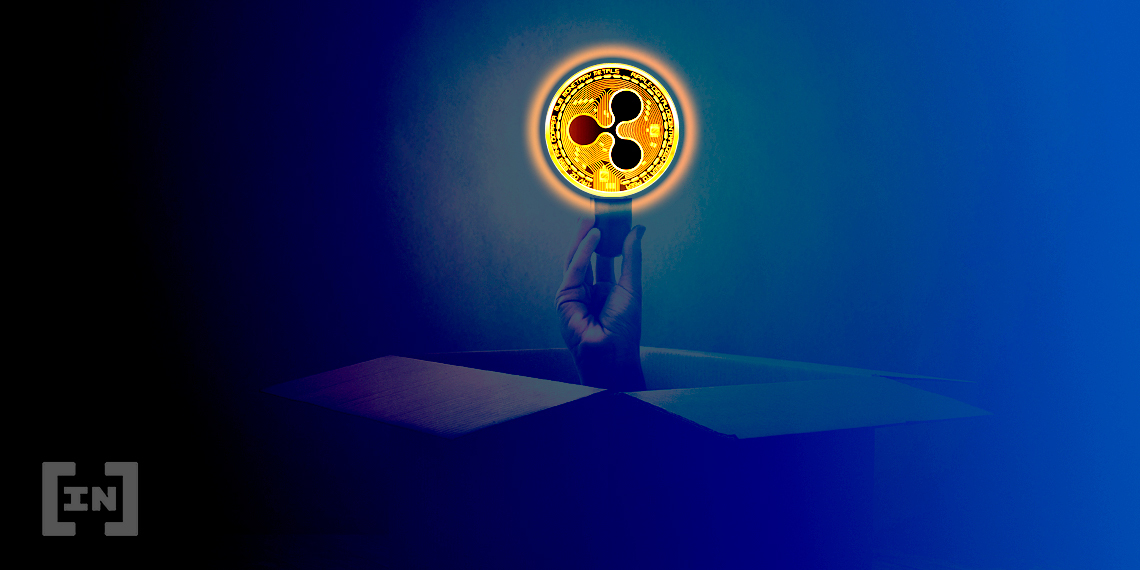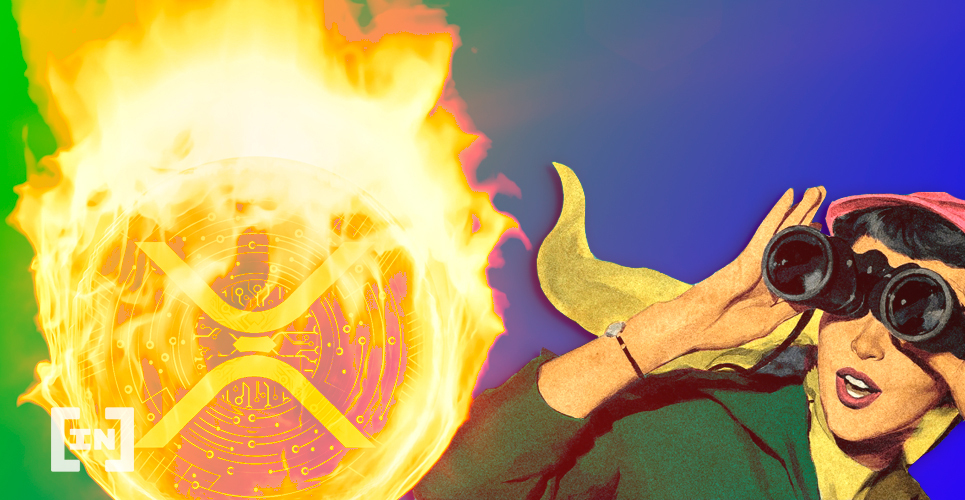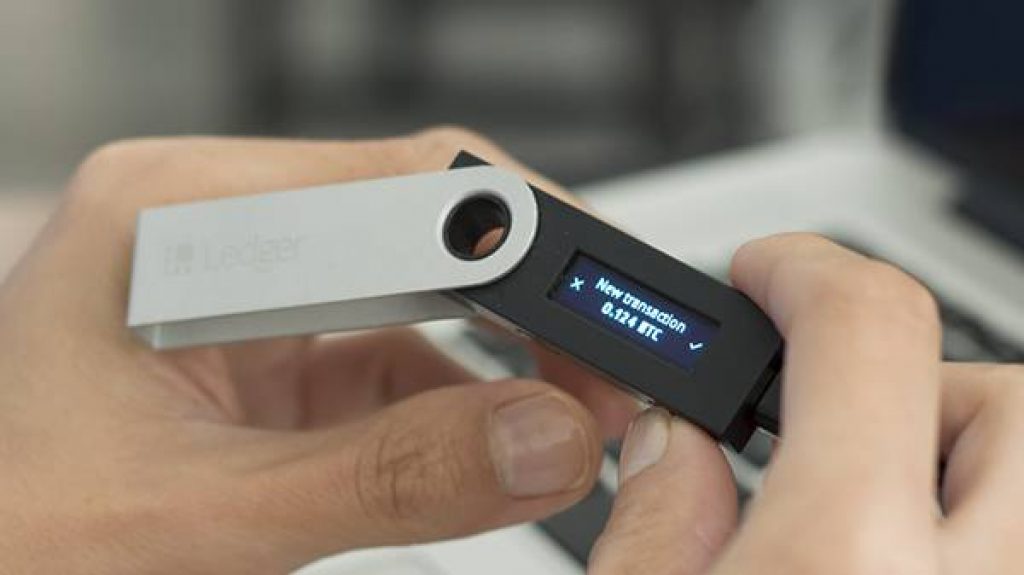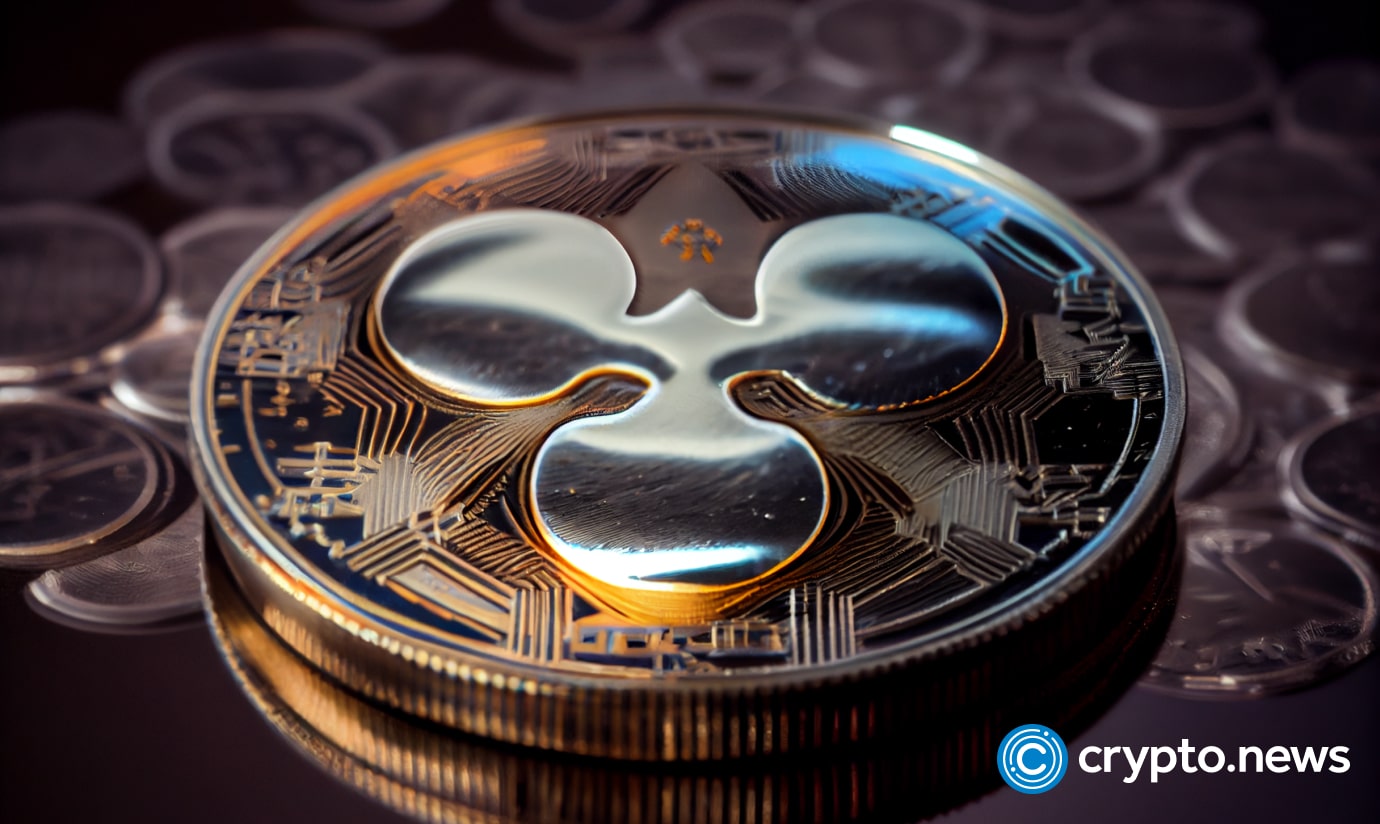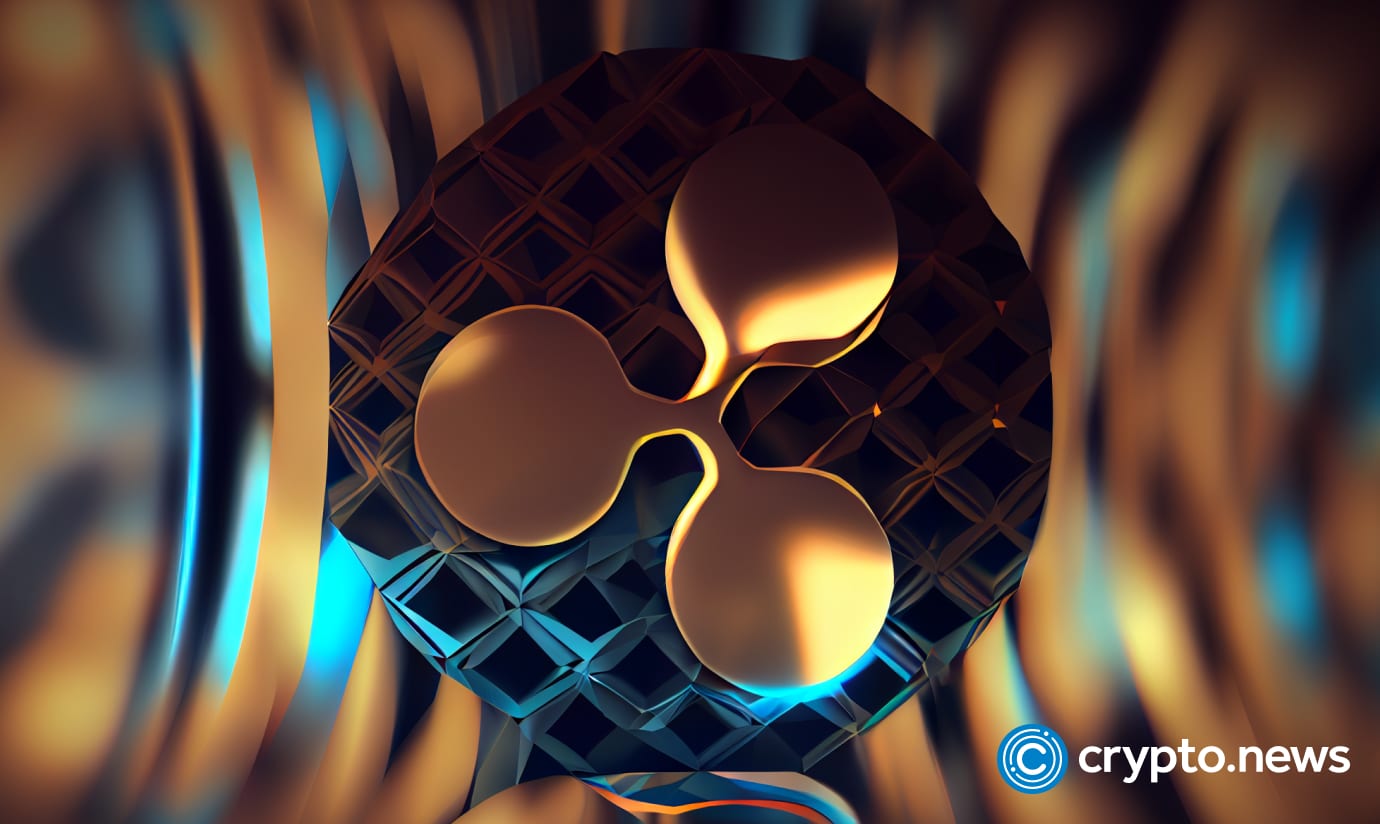2020-1-20 12:08 |
Coinspeaker
Will XRP Price Be Able to Hit $692 in 2020?
Anyone can issue his own money – this should be the main notion in FinTech of the 21st century.
According to the statistics, the daily volume of international payments equals almost 10 trillion dollars, with 5 trillion handled by the SWIFT international payment system. It was designed back in 1972, yet many banks still use the outdated, 40-years old software. Cross-border bank accounts are holding $27 trillion in cash.
Let’s consider the volume of international payments stated above. If the majority of cross-border payments made by banks will start flowing via the Ripple‘s solutions, XRP can gain up to 2000% in its price. Since such price level would increase the coin’s market cap to ~$27 trillion, this means reaching approximately $692 price levels. There are too many factors to consider, some of them we’ll discuss below.
Despite the price of XRP is now floating between 25 and 30 cents, the picture may be delusional. There is a possibility that XRP gains traction thanks to other project’s failures, shutting up the unnecessary waves of laughter by some BTC maxis or DPoS fanboys. That’s why skillful traders don’t ignore XRP.
$XRP showing signs of strength.
Break $0.25 and it's showtime.
$0.3 as a first target.
I am long. pic.twitter.com/MBOBJl0NbY
— Galaxy (@galaxyBTC) January 17, 2020
The economic troubles within the U.S., the crisis of the fiat inflation and development of the Internet, all give chance to alternative methods of reaching payment finality. Bitcoin, once priced less than one dollar, now worth more than $8500, with naysayers screaming that crypto holders make money ‘out of thin air’. Well, who doesn’t?
Some Possible Reasons behind XRP RisingWhile receiving good marks from the Fortune magazine and constantly adding more banks to its network, Ripple Labs works as a code provider for a virtual copy of the physical clearinghouse infrastructure. While the blockchain itself is not directly dependent on the firm, Ripple Labs control over 50% of the money supply, with 1 billion XRP going away from the inner escrow every month.
Ripple simply eliminates the office of the clearinghouse and proposes using servers in a decentralized network of banks-validators. Ripple does not facilitate PoW or PoS, adding the new consensus algorithm on a playboard.
During 2019, the crypto market got hefty of hits. The Bitfinex drama, double-spend bug, and slow transaction confirmations are three big demons eating Bitcoin slowly.
Many of its holders look at it and think of “the father of all the coins”. But the reality may not be as bright as everyone want it to be, especially considering the fact that Blockstream controls Bitcoin and Tether controls Blockstream (according to Cryptomedication research and following Adam Back’s tweet history).
The investigations made by skillful independent Telegram sharks (Bitfinexed, Cryptomedication) and news websites (Bitsonline, Decrypt, WSJ), show constant and blatant dependence of Bitcoin’s core developers from dark capitals and firms with shitty reputation. All this appears being frustratingly realistic, with many of the crypto news outlets just keeping silent.
Quirky readers of news articles could spot that Ethereum has no monetary supply limitation. It is completely centralized around Buterin and a large volume of over-detailed nonsense that he generates during meetups. Then, so-called privacy coins like Monero, Bitcoin Cash and Ethereum Classic want to bring anonymity and decentralization back to masses. They offer a service of easy money laundering to anyone, not only the mafia members.
As we see, after some time those coins can fall under different circumstances. The only reliable way of obtaining the ‘clean’ coins is to receive them as payment on the legal job or buying directly from the miners. And you have to be a crypto shark with rich past to do it.
Ripple Labs Offers 2 Layer Protocol to Facilitate PaymentsRipple has chosen to take another approach. They minimized the risks of the token holders by offering their payment settlement layer to banks. The company offers two products working on the same blockchain. One product is the settlement layer used exclusively by banks to facilitate transactions between them. They can send many types of virtual assets, or even gold, by using it.
Ripple aims to provide fast, cheap and reliable blockchain payments to the banks, funds, custodial services, and other financial institutions. Those institutions keep an eye on the client’s funds and determine the ‘dirty’ money by themselves. Then, when a clean, tax abiding payment goes to the Ripple network, it does not need to be ‘checked’ via Chainalysis or Crystal Blockchain.
Anonymous payments are of course possible on the network thanks to the XRP token transactions. The second layer of the Ripple blockchain is a freely available token for the average users to transact. Its founders knew that the ‘bitcoin maxis’ and other ‘true crypto OG’s’ will keep arguing. Yes, the payments must be anonymous and not require KYC. But thanks to low prices and B2B orientation of the first layer, XRP remains a no-go for different kinds of scammers, darknet drug traders and money launderers.
At the same time, it can join the Libra, TON and other projects in the motion to form a private money infrastructure. It could take a slice of a pie from the classic international money transfer systems.
Will XRP Price Be Able to Hit $692 in 2020?
origin »Bitcoin price in Telegram @btc_price_every_hour
Ripple (XRP) на Currencies.ru
|
|
